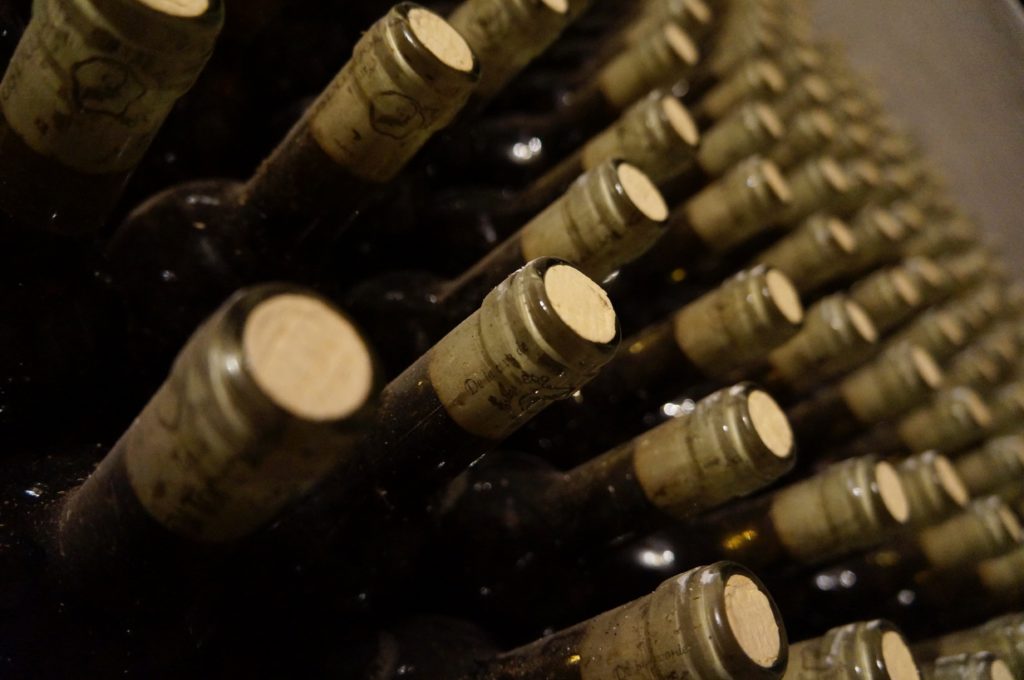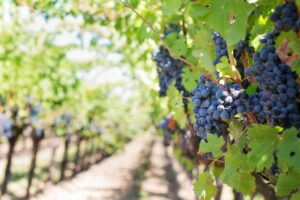Fine wine collecting is an art. Some would say a science. And there is definitely some skill in knowing when to age a wine and when to enjoy it straight away.
Some wines age very well and should always be left in the cellar for a while. This is true even of some white wines. But others are more enjoyable if they’re consumed straight away. The best way to ensure you’re getting the best out of your vintage wines is to buy the good stuff early on. And when it’s ready to open, take your time and treat it carefully.
When is the best time to drink wine from your collection?
Whatever your taste in wine it can be tricky to know when to drink your stash. Wines do change as they age, and if you hang on to the bottles for too long, they can be ruined by the time you come to drink them.
This is a common occurrence with people who like to collect wine but aren’t quite sure how to do it well. Lots of people will automatically keep a wine in storage, assuming that aging it will mean a better flavour. But when they do eventually open it, they can be surprised. Conversely, they can also find a hidden gem.
It’s not always red wine that ages the best. Some sweet wines and white wines can also age well. This isn’t the case for all white wines of course. For example, white burgundy has a well-known issue of premature oxidation.
What is premature oxidation and how does it affect wines?
Also known as ‘premox’, premature oxidation was discovered when people realised that white wines were losing their fruity smells faster than anticipated. The fruity aroma in whites left to age too long transformed into heavier scents, such as honey. It was also discovered that the colour of the wine faded to brown.
It’s a form of accelerated aging that makes wines taste and smell worse. And it’s a problem when it happens to wines that are sometimes sold on the basis that they age well. In red wines, premox results in deep aromas, such as dried fruit and prune. While these smells are looked for in heavy wines like port, a young red shouldn’t age this way.
Drink whites and rosés young
In general, rosés and most crisp whites should not be aged. They should be enjoyed young. Having said that, Semillon and Riesling can age well. It’s sometimes down to personal taste. Whether you enjoy the complex flavours of aged whites is subjective. Modern tastes tend to run towards the fresh, fruity wines. Often, older vintages need specific food combinations to demonstrate their best flavours.
If you’re a wine collector with a taste for aged wines, then it’s a good plan to buy them while they’re young. Not only is this generally easier due to their availability, but it’s also cheaper. High quality wines are always cheaper when they first come onto the market. As they age, their prices rise.
Wines made in a good vintage year are the best investment. For example, 2016 was particularly good for Bordeaux and Rhone. Before you buy any more wine though, check your wine collection and find out exactly what you have.
Go by price – drink cheaper wines and store pricier vintages
A good rule of thumb is to go by price. Anything below £10 should be enjoyed pretty swiftly, while wines from £25 and above should be savoured. It’s simple enough to find out online how long a wine should be aged. Most fine wine merchants will include information about the drinking date.
If you’re not sure about the wines in your collection, the best way to enjoy them is to dive straight in. For any wines that have been hanging around for a while, it’s a good idea to have some back-ups ready, in case it’s corked or impaired. For any reds with a deposit build up, decant like you would a port, and be sure not to chill aged whites for too long.
When shopping for wine, buy from an established merchant like Ideal Wine Company. We have vintages, high-end varieties and plenty of information on wines to add to your collection.







